Twelve years of open science infrastructure
Lessons from the Atlas of Living Australia
Martin Westgate / Science & Decision Support Team / ALA
SORTEE Conference / 13 July 2022
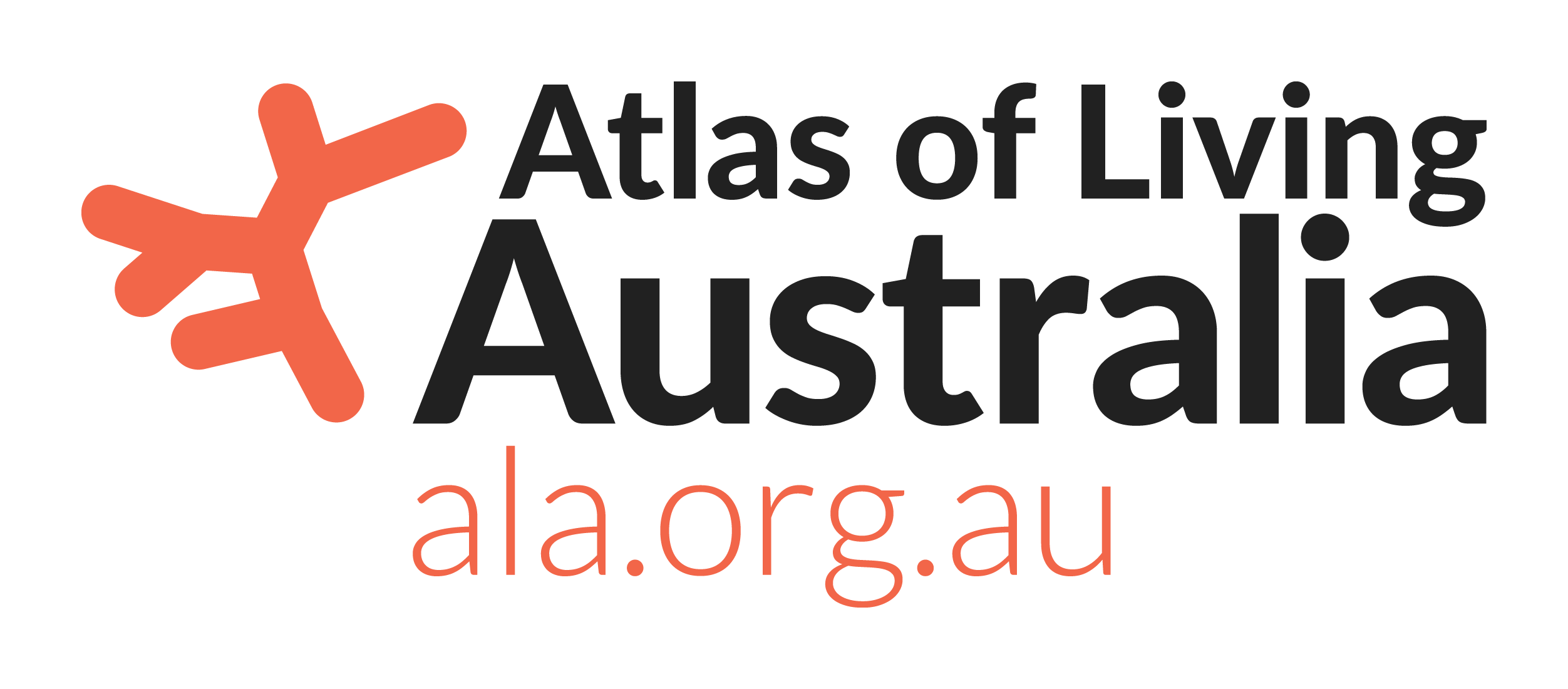
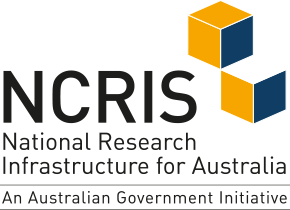
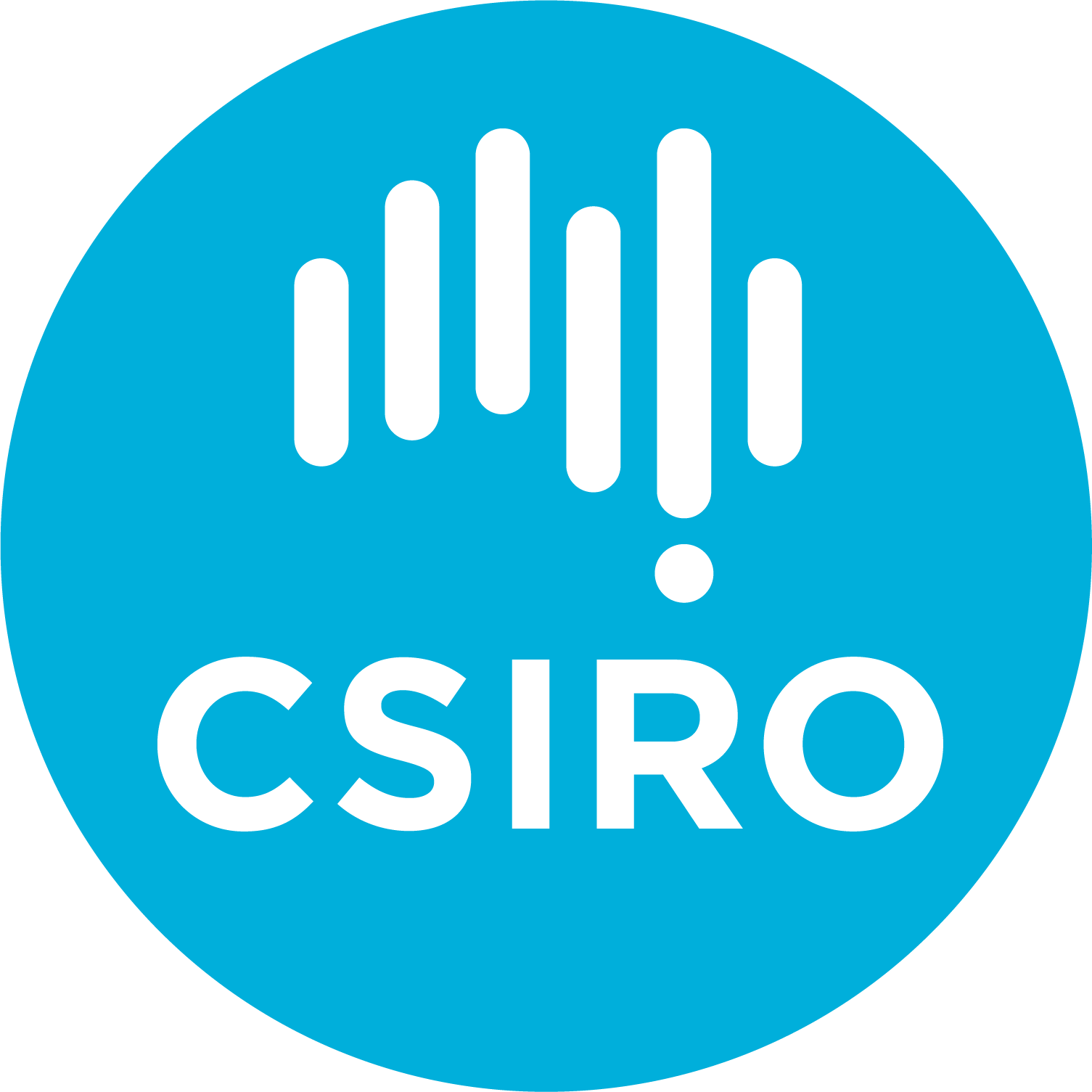
 @westgatecology
@westgatecology
About me / academia
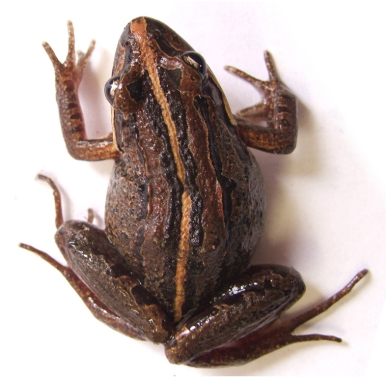
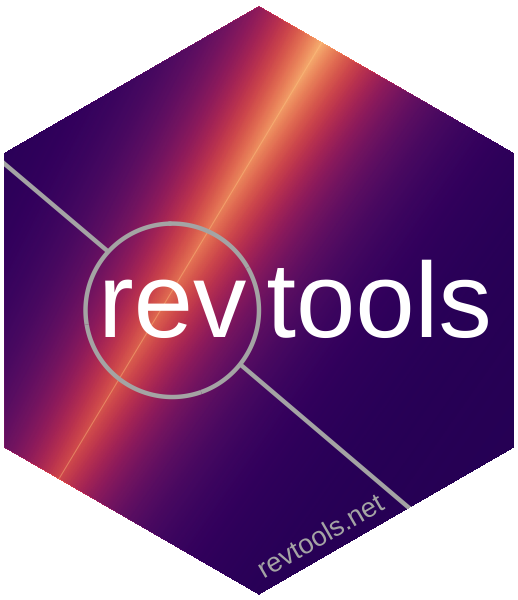
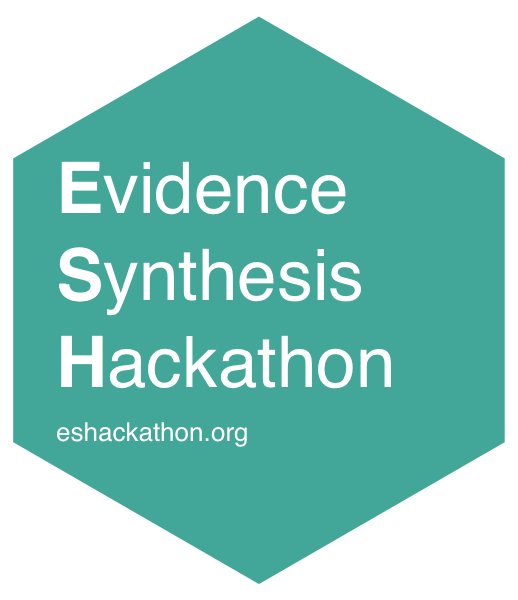
Aside / academic stereotypes
- Agility, innovation & novelty
- Discrete projects and budgets
- Dependence on low-cost, short-term programs to deliver major work
‘…we predict that the word “novel” will appear in every record by the year 2123.’
C Vinkers et al. (2015) Use of positive and negative words in scientific PubMed abstracts between 1974 and 2014: retrospective analysis.BMJ 351 https://doi.org/10.1136/bmj.h6467
Aside / open science
- Necessity: Historic approaches to science have proven unreliable
- Opportunity: Tech literacy means sharing is easier than ever
- Complexity: Broad-scale changes to scientific methods, challenging existing incentive structures
Thesis #1:
Open science is in a transition to a more infrastructure-dependent model
Thread to give a sense of COS's direction in metascience.
— Brian Nosek (@BrianNosek) July 9, 2022
We are evolving from piecemeal project-to-project research to a programs model with areas of ongoing investment to support our mission and guide effective culture change in reward systems, rigor, and reproducibility https://t.co/3JlzE2lAdC
Infrastructure / living atlases
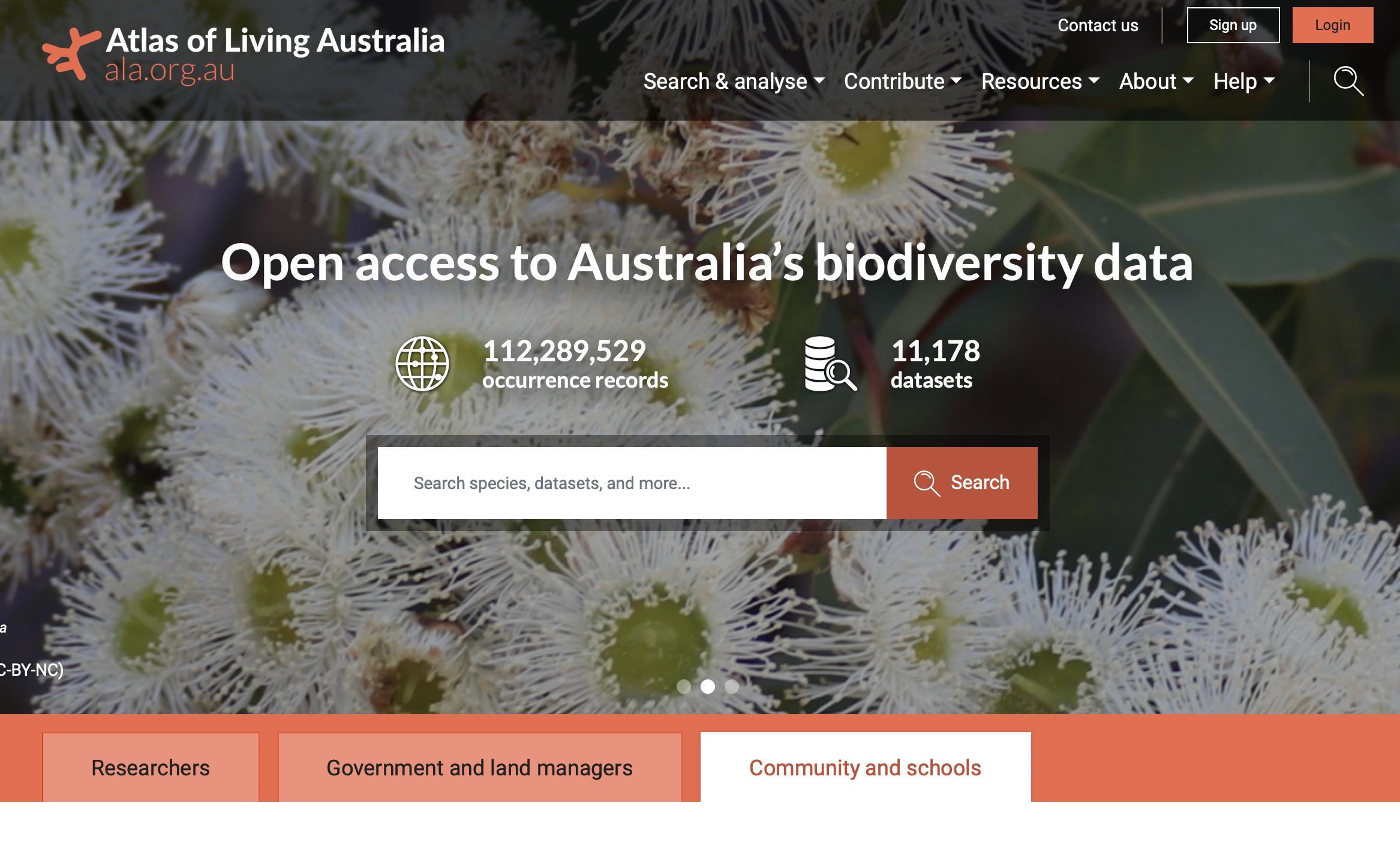
Infrastructure / living atlases
| Region | Organisation | Records (Millions) |
|---|---|---|
| Australia | ALA | 112.3 |
| Austria | BAO | 7.8 |
| Brazil | SiBBr | 23.6 |
| Canada | Canadensys | 6.3 |
| Estonia | eElurikkus | 6.2 |
| France | INPN | 87.4 |
| Portugal | GBIF.pt | 17.5 |
| Spain | GBIF.es | 36.3 |
| Sweden | SBDI | 103.4 |
| UK | NBN | 204.8 |
| Vermont | VAL | 7.2 |
| Global | GBIF | 2,204.6 |
Infrastructure / challenges
| Project stage | Academia | Infrastructure |
|---|---|---|
| Data collection | fieldwork | collaboration with institutions |
| Data formatting | customizable | established standards |
| Data management | spreadsheet, app | processing pipeline |
| Data storage | single machine or online | database |
| Data out | - | API |
Infrastructure / benefits
- stability
- scalability
Thesis #2:
In science, stability & innovation are co-dependent
Stability / information
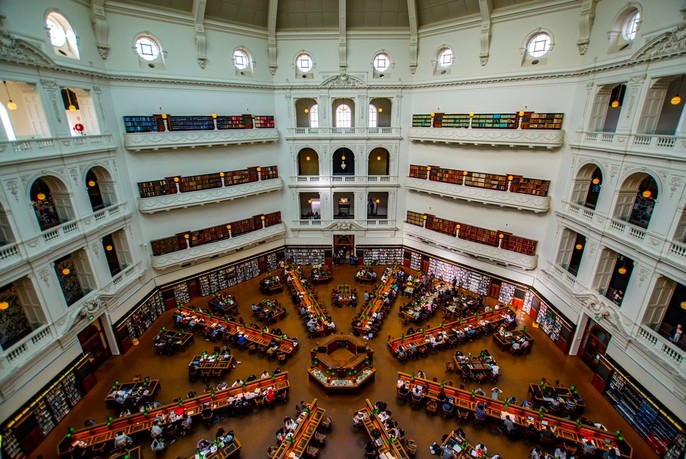
Image source: https://whatson.melbourne.vic.gov.au/things-to-do/state-library-victoria
Stability / observation

Image source: Gibney, E. How the revamped Large Hadron Collider will hunt for new physics. Nature 25-05-2022
Stability / inference
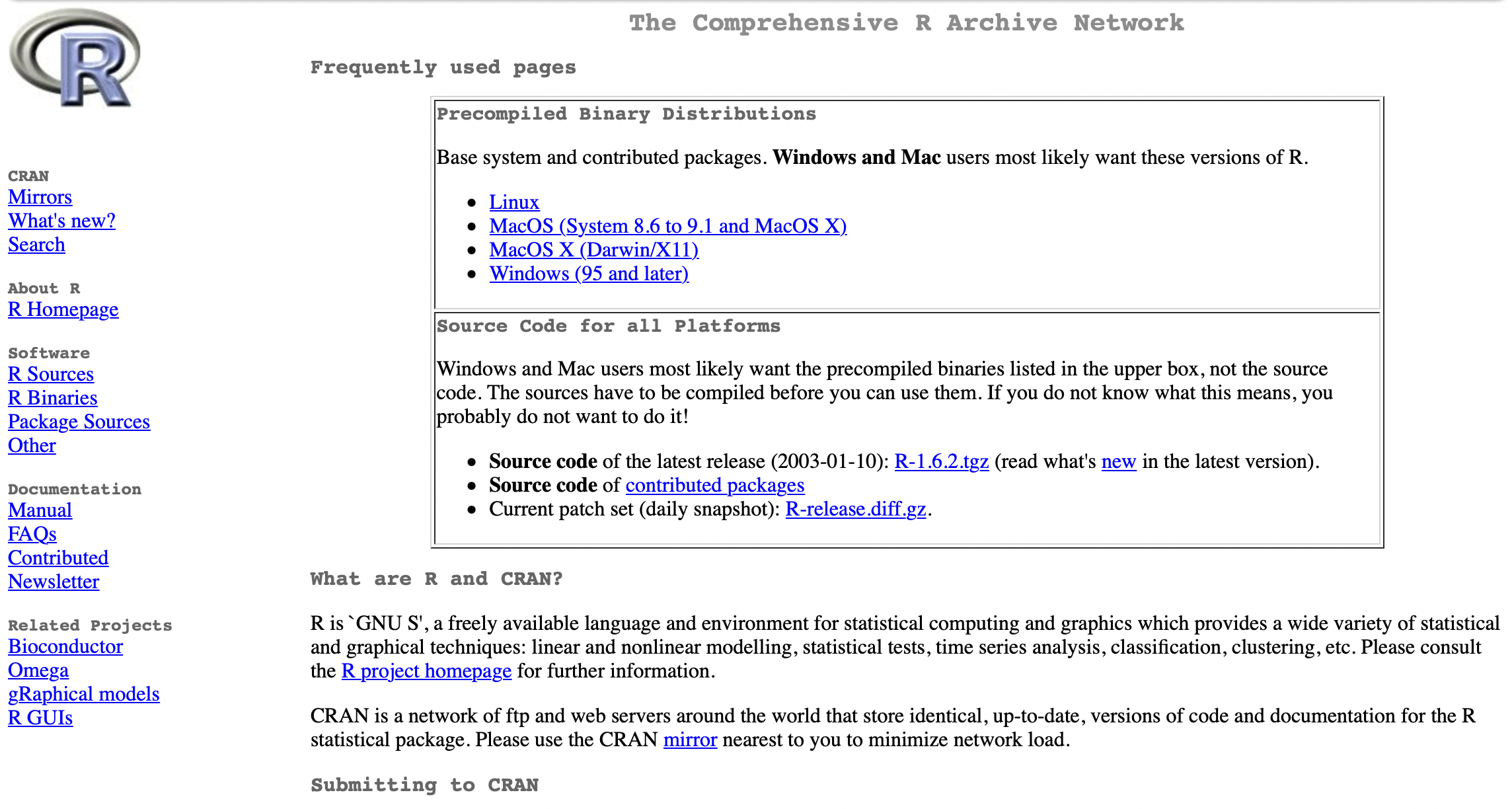
Stability / inference
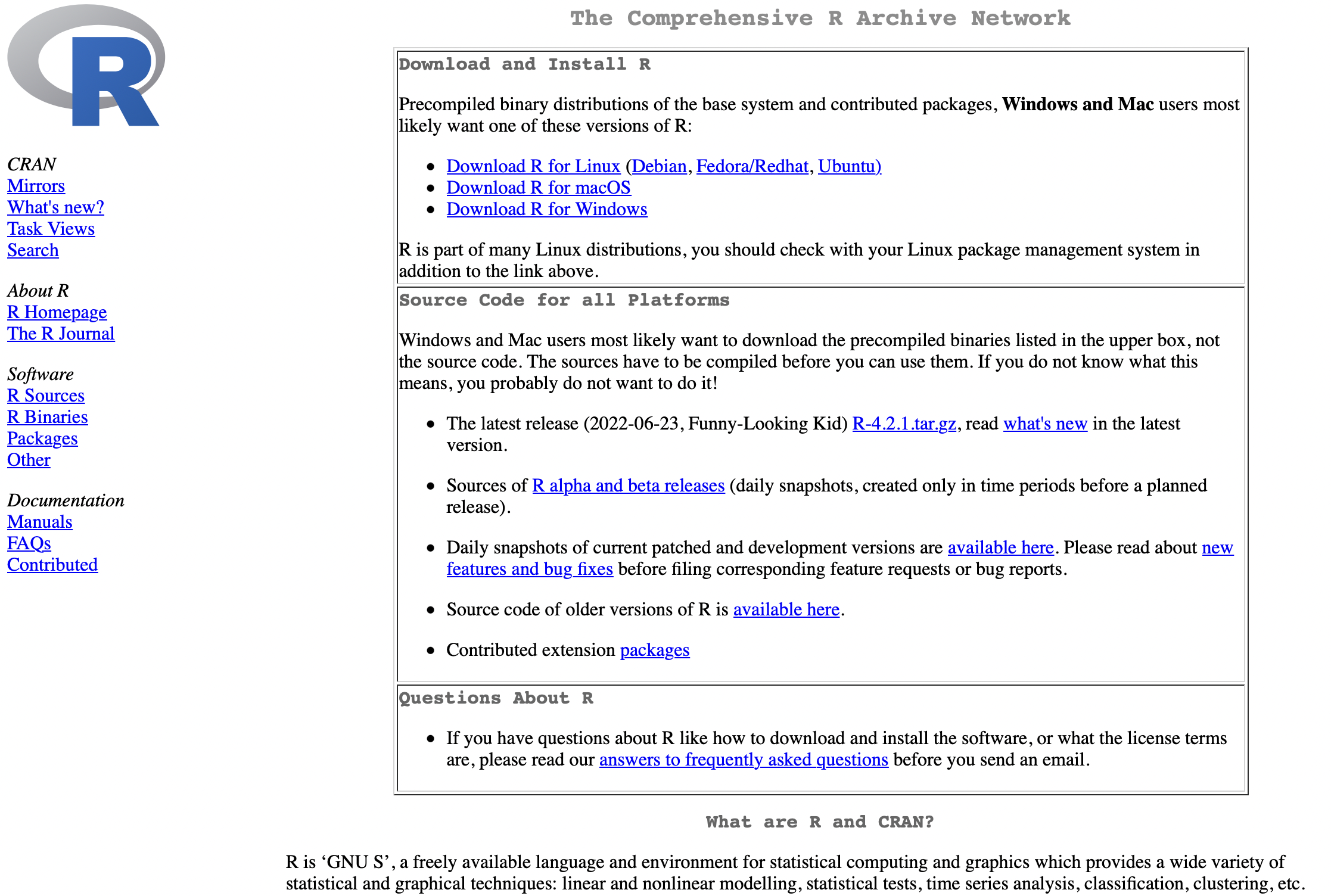
Stability / communication
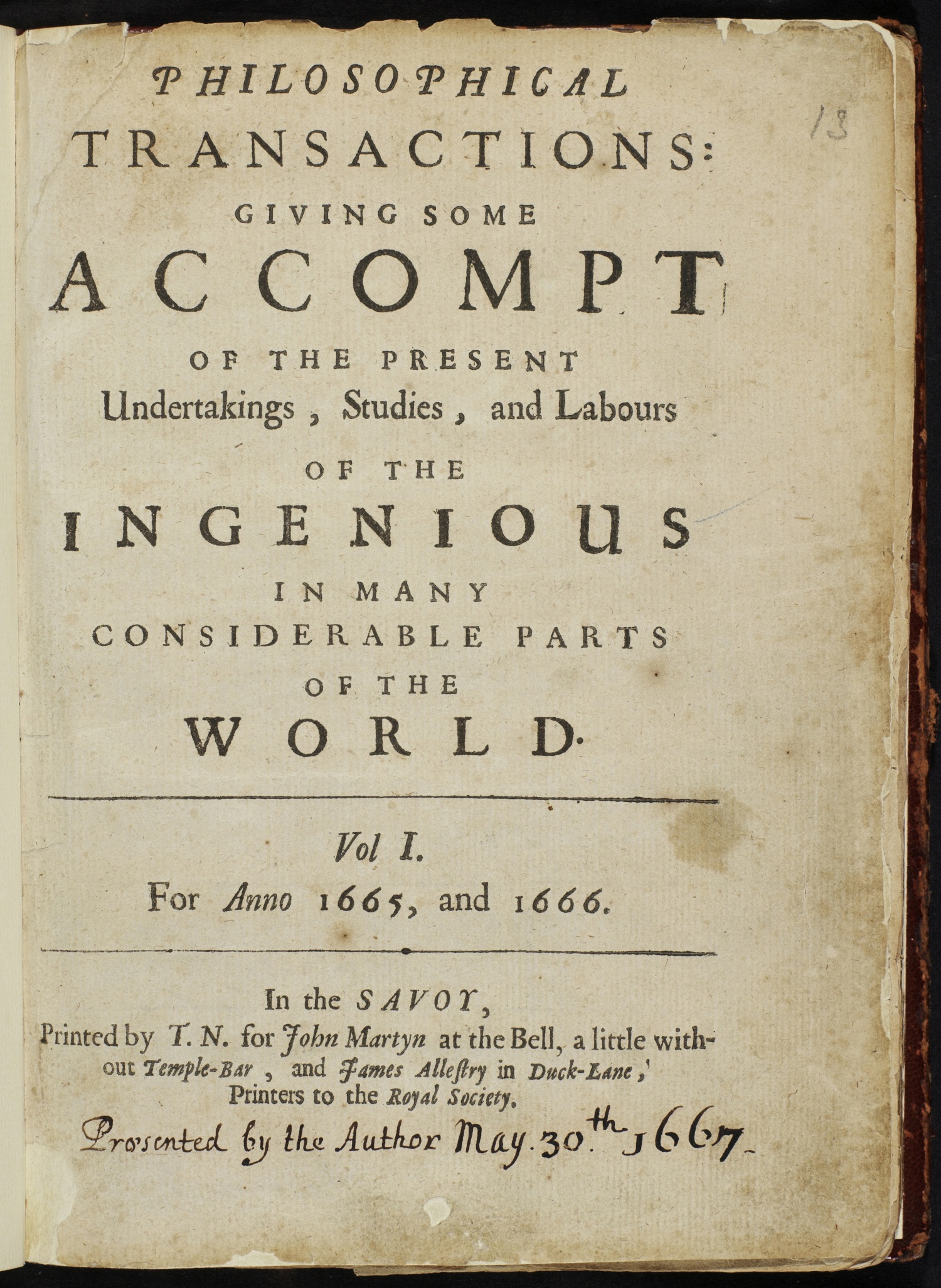
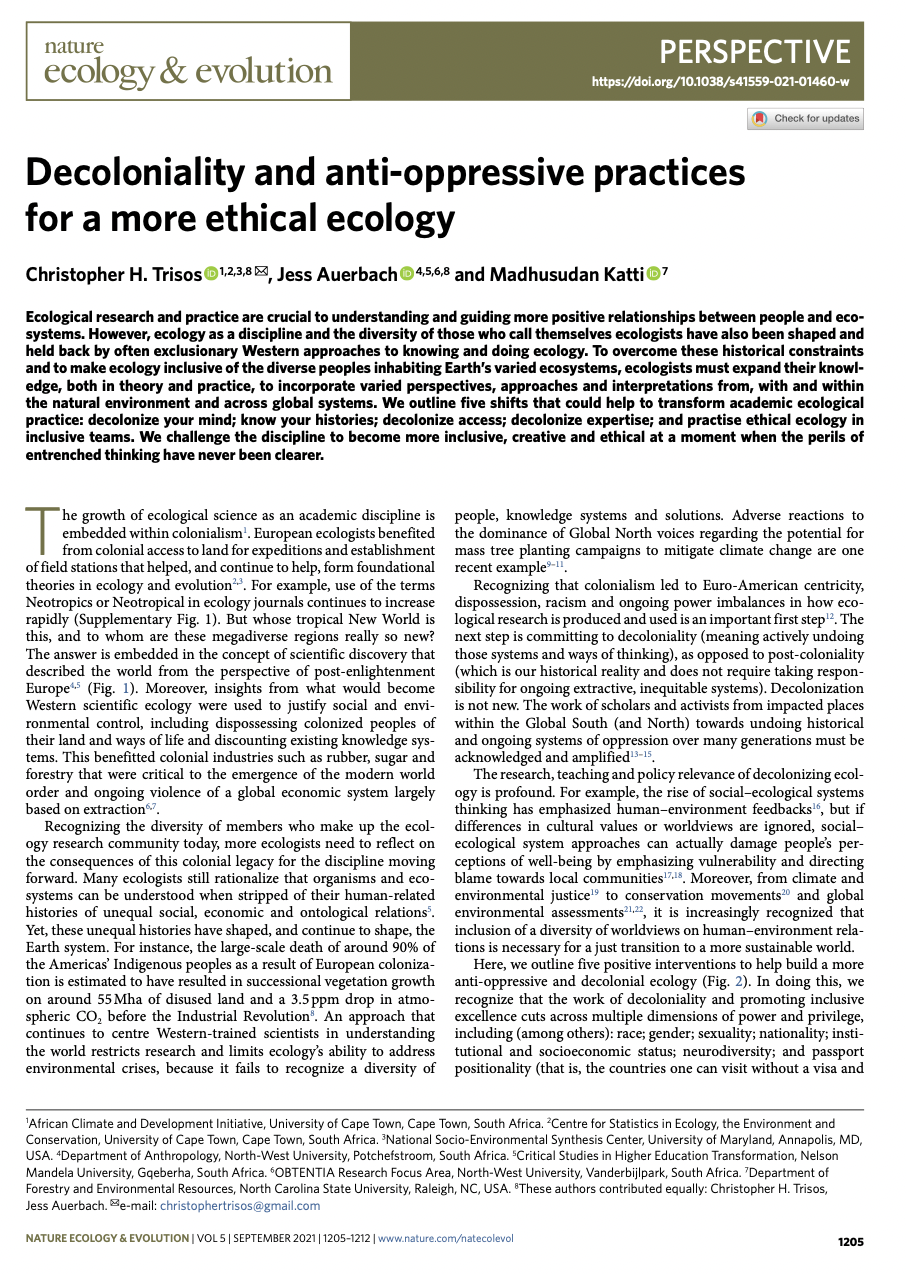
Images:
Henry Oldenburg - Philosophical Transactions, CC BY 4.0, https://commons.wikimedia.org/w/index.php?curid=36495651
Trisos, C.H., Auerbach, J. & Katti, M. Decoloniality and anti-oppressive practices for a more ethical ecology. Nat Ecol Evol 5, 1205–1212 (2021). https://doi.org/10.1038/s41559-021-01460-w
Thesis #3:
Working across the stability / innovation boundary is difficult
Stability / challenges
- Shifting baseline syndrome
- Managing pace of change
- Communication across domains
galah
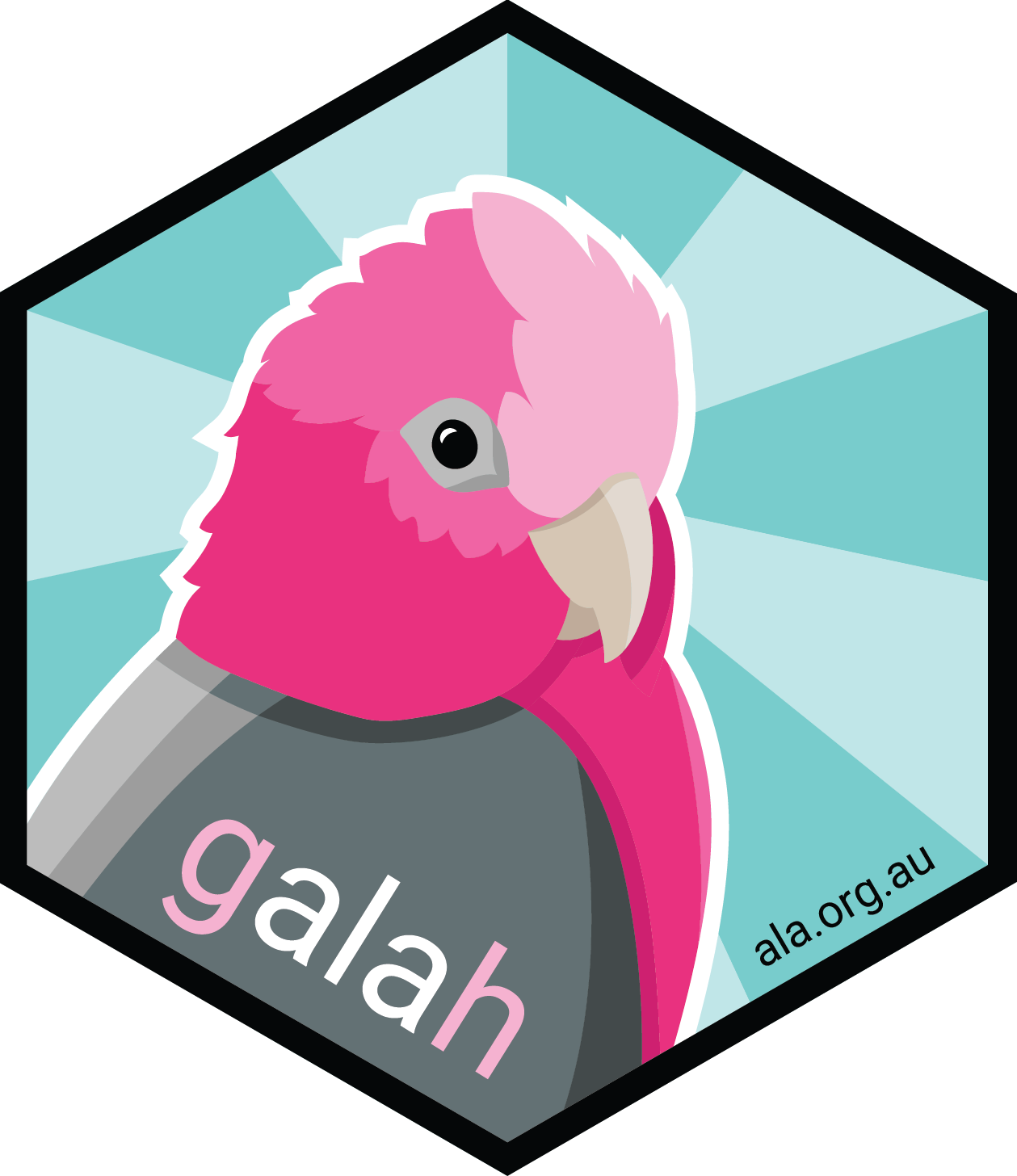
galah / ALA4R / benefits
- Groundbreaking: released in 2014
- Flexible: return the data you want, customised in various ways
- Inclusive: most options accessible via the API can be constructed
galah / ALA4R / problems
No function naming convention
- abbreviations:
aus() - snake case:
ala_fields() - contractions:
fieldguide() - single words:
occurrences(),images()
galah / ALA4R / problems
Confusing syntax
- unclear differences between functions
ala_list(),ala_lists(),specieslist()
- argument names require specialist knowledge
wkt,fq,qa
- arguments require
solrqueries passed as strings:"taxon_name:\"Alaba vibex\""
galah / ALA4R / problems
Inconsistent behaviour
- most functions return a
data.frame occurrences()returns alistfieldguide()andplot.occurrences()output a PDF
galah / benefits

- Query the ALA (and other national GBIF nodes)
- Use tidy, pipe-able syntax
galah / benefits
| Lookup | Narrow a query | Run a query |
|---|---|---|
show_all() |
galah_filter() |
atlas_counts() |
search_all() |
galah_select() |
atlas_occurrences() |
galah_group_by() |
atlas_media() |
galah / number of records
# A tibble: 1 × 1
count
<int>
1 992079galah / number of records
galah / number of records
galah_call() |>
galah_identify("Eolophus roseicapilla") |>
galah_filter(year >= 2010,
dataResourceName == "iNaturalist Australia") |>
galah_group_by(year) |>
atlas_counts()# A tibble: 13 × 2
year count
<chr> <int>
1 2021 1933
2 2020 1571
3 2019 942
4 2022 917
5 2018 821
6 2017 537
7 2016 194
8 2015 110
9 2014 79
10 2013 62
11 2011 54
12 2012 41
13 2010 36galah / number of records
galah_call() |>
galah_identify("Cacatuidae") |> # cockatoos
galah_filter(year >= 2019) |>
galah_group_by(year, dataResourceName) |>
atlas_counts()# A tibble: 80 × 3
year dataResourceName count
<chr> <chr> <int>
1 2021 eBird Australia 248142
2 2021 iNaturalist Australia 7621
3 2021 NSW BioNet Atlas 1490
4 2021 Earth Guardians Weekly Feed 927
5 2021 SA Fauna (BDBSA) 300
6 2021 NatureMapr 166
7 2021 WildNet - Queensland Wildlife Data 153
8 2021 ALA species sightings and OzAtlas 118
9 2021 Wildlife Watch NSC 105
10 2021 Port Adelaide Enfield Flora & Fauna Monitoring 37
# … with 70 more rowsgalah / occurrences
library(galah)
library(ozmaps)
library(sf)
library(ggplot2)
# Enter email
galah_config(email = "martinjwestgate@gmail.com")
# Download species occurrences
obs <- galah_call() |>
galah_identify("peramelidae") |>
galah_filter(year == 2021) |>
atlas_occurrences()
# Ensure map uses correct projection
oz_wgs84 <- ozmap_data(data = "country") |>
st_transform(crs = st_crs("WGS84"))
# Map points
ggplot(data = obs) +
geom_sf(data = oz_wgs84,
fill = "white") +
geom_point(aes(x = decimalLongitude,
y = decimalLatitude),
color = "#78cccc") +
theme_void()galah / occurrences

galah / other atlases
# A tibble: 1 × 1
count
<int>
1 7786013galah / ALA labs
galah / ALA labs
Learnings / galah
- articulate your reasons for change
- balance accepted vs novel methods
- respond to feedback (but not too much)
Learnings / infrastructure
- ‘fail quickly’ and ‘succeed slowly’ mindsets both have merit
- reward systems can become divorced from real-world applications
- no risk-free paths
Thank you
Summary:
- Open science is in a transition to a more infrastructure-dependent model
- In science, stability & innovation are co-dependent
- Working across the stability / innovation boundary is difficult
Martin Westgate
Team Leader / Science & Decision Support / ALA
e: martin.westgate@csiro.au
t: @westgatecology
gh: @mjwestgate
These slides were made using Quarto & RStudio


